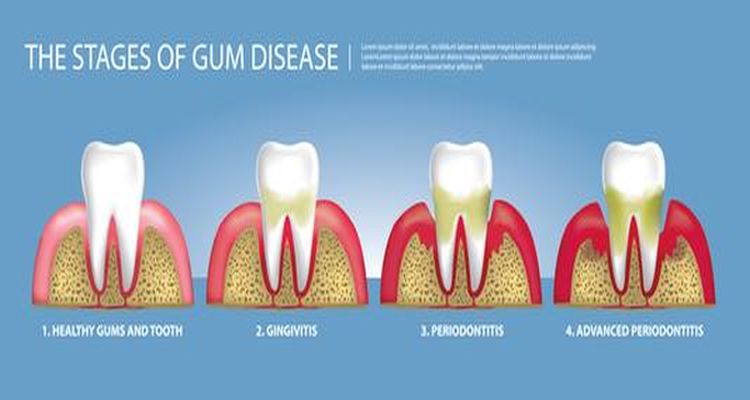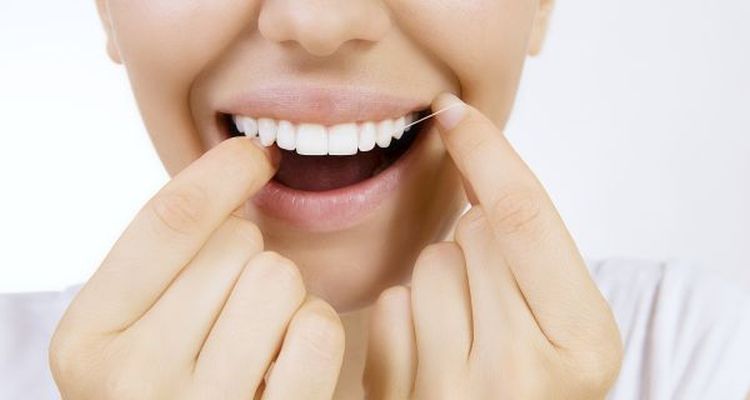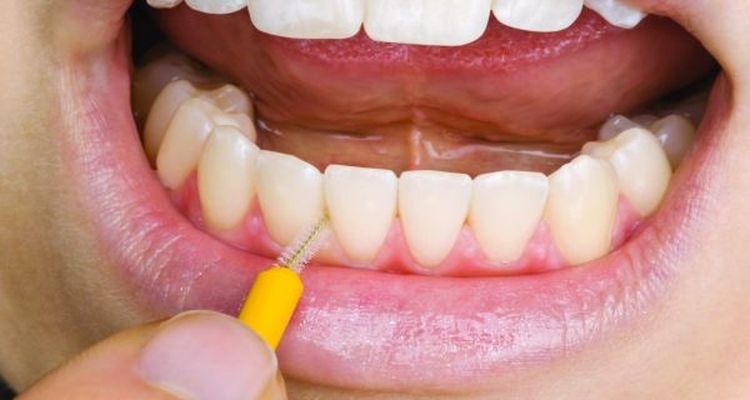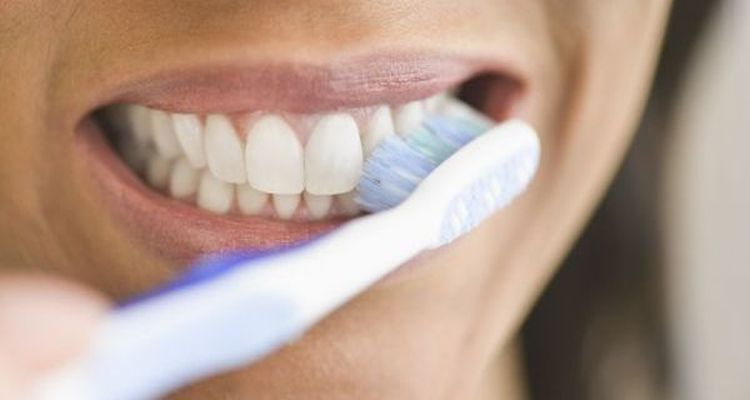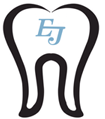 Dental Products
Dental Products
Our supermarkets are heaving with lots of varieties of toothbrushes, toothpastes, mouthwahses and other aids to help us to keep our smile healthy. But do we really know what to buy?
The most important thing to remeber, is that using toothbrush twice a day and floss or use interdental brushes once day is the key to good oral hygiene
Manual Toothbrushes
'Opt for soft bristle brush with a small head and rounded-end filaments,'.
A small head means better control and easier access to back teeth. A long, wide handle will ensure a better grip.
'Although hard or firm bristle brushes are nowhere near as harsh as they were, they are still too abrasive on the tooth enamel and the gums and should be avoided.'
Replace your brush after three months or sooner if it starts to show wear – worn or splayed bristles can damage the gums and scour enamel.
Change your brush if you've been unwell to ensure your brush isn't harbouring any infection.
Battery operated toothbrushes
These are toothbruses that look like manual brushes, but do have a battery in them.I'm in that opinion that theese dont do enough good job compare to electric toothbrushes. The power is not strong and also they only vibrate and do not oscilate.
Electric toothbrushes
'Powered toothbrushes with small round, oscillating heads have been proven to remove 20 to 40 per cent more plaque than manual toothbrushes,'.
When put to the test, an oscillating brush – a round head that switches rotation clockwise to anti-clockwise – has been found to be more effective in plaque removal and improving gum disease than a sonic toothbrush that vibrates at high frequency.
Toothpastes
'Fluoride is the most important ingredient in toothpaste and to use it twice a day
'The improvements seen in our teeth in the last 35 years are largely down to adding fluoride to toothpaste.'
Total or complete care
'Total' or 'complete care' toothpastes also contain antibacterial ingredients, such as xylitol and triclosan, which reduce the growth of plaque bacteria and prevent gum disease.
'These are effective agents and worth considering, given that 90 per cent of us will experience gum disease at some point in our lives,'.
Tartar control
'Anti-tartar pastes use a different formulation containing zinc pyrophosphate which helps stop plaque hardening and turning into tartar.'
Tartar (calculus) causes gum disease. Once formed, it can only be removed by a dentist or hygienist.
Sensitive
Sensitive toothpastes are a growing part of the toothpaste market, with up to half of us having experienced sensitive teeth.
Sensitivity is often caused when the gums recede, exposing the neck of the tooth that's not covered by enamel to hot, cold or acidic food and drinks.
'Sensitive toothpastes work by blocking up the tubules in the tooth enamel, stopping the sensations reaching the nerve endings in the tooth's root'. 'It can be very effective but takes a few days to start working.'
Whitening
'EU regulations don't allow whitening toothpastes here to contain bleaching agents such as peroxide, as they do in the States' .
'This means they can't actually bleach the teeth, only restore them to their natural colour by removing stains
Most use a combination of gentle abrasives and chemical stain removers to remove staining in between the crystalline of the enamel.
Flossing
'Flossing is vital to remove food particles from between the teeth and plaque from against gum line, yet only about 5 to 10 per cent of the population actually do it on a regular basis'.
'Flossing should be done once a day before brushing. Without it, you are only cleaning three surfaces of your teeth.'
Dental tape and waxed floss
Dental tape or waxed floss is thicker than regular floss, so can be kinder on sore or sensitive gums.
When choosing flossing products, it really comes down to what is most comfortable for the individual as long as they use it once a day.
Did you know?
A recent dental survey found 60 per cent of people had tried to remove food trapped in their teeth using items they had to hand, including:
- keys
- earrings
- needles
- a screwdriver.
Nearly a quarter chose to ignore trapped food and leave it in their teeth.
Interdental brushes
Otherwise known as a bottle brushes. These are as affective as flossing.They come in diffrent sizes, as we all have diffrent gaps in between our teeth. To find the right size for you, you should visit you dentist or hygienst.
These are also great for patiens who find flossing very hard.
Mouthwashes
'Mouthwashes aren't widely recommended by dentists or hygienists as the message we need to get across first and foremost is the importance of removing plaque mechanically by brushing and flossing your teeth'.
But washes can help fight tooth decay. Look for ones that contain both fluoride and antibacterial agents and are alcohol free to lower plaque bacteria and prevent gum disease.
Try to use them when not brushing your teeth(for exaple at lunch time).There is no need to use mouthwash when brushing your teeth with antibacterial and fluoride toothpaste.

